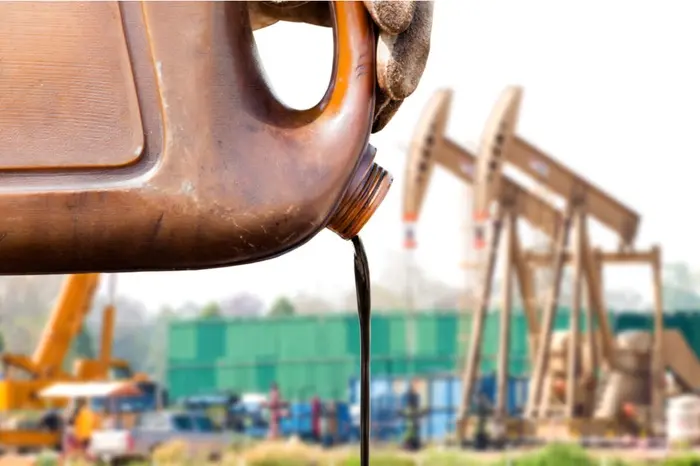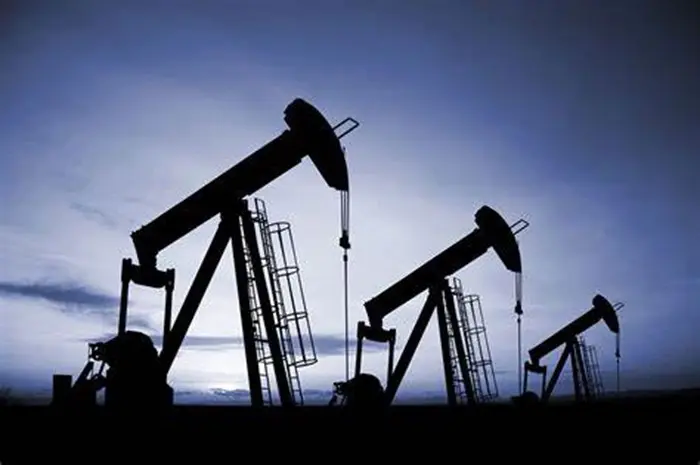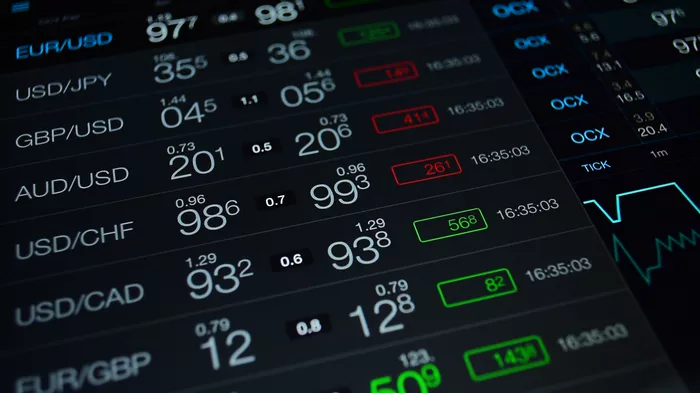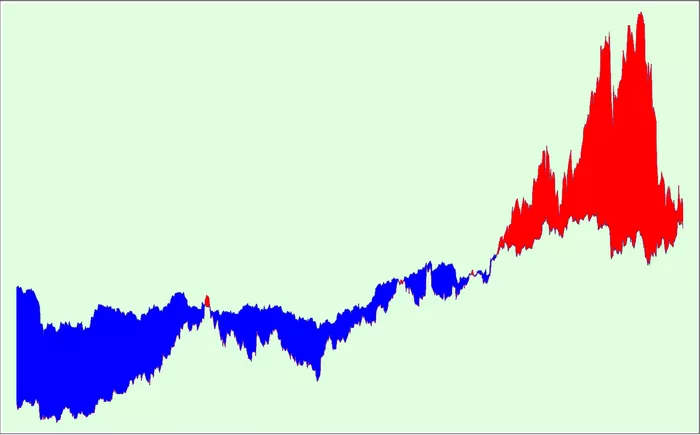Oil prices stabilized following four consecutive weeks of gains as market attention turned to potential disruptions from a storm in the US and wildfires in Canada. Brent crude remained above $86 per barrel after climbing more than 8% since early June, while West Texas Intermediate hovered around $83.
Hurricane Beryl is anticipated to intensify rapidly as it approaches the Texas coast, prompting oil companies to adjust their operations. Meanwhile, wildfires in Alberta are also posing a threat to supply chains.
Warren Patterson, head of commodities strategy at ING Groep NV in Singapore, highlighted the risks posed by Beryl, noting that while offshore oil-and-gas production could be affected, the primary concern is the potential impact on refinery infrastructure upon landfall. Extended refinery closures would weigh on crude oil prices but support refined products.
Oil prices recently reached their highest levels since late April, driven by expectations of increased summer demand and declining stockpiles. However, the rally encountered resistance due to economic weaknesses observed in China, the world’s largest crude importer. Nonetheless, broader market expectations of US interest rate cuts have buoyed risk assets, including commodities.
Investor sentiment towards oil remains positive, with money managers raising their net-long positions on Brent crude for a fourth consecutive week. Key market indicators such as Brent’s prompt spread, which was at 88 cents per barrel in backwardation, signaling a bullish market sentiment, compared favorably to levels observed a month earlier.
Market participants await several pivotal reports this week that will offer insights into global crude balances. The Organization of Petroleum Exporting Countries (OPEC), which has curtailed output to bolster prices, will release its monthly outlook alongside the International Energy Agency (IEA). Additionally, the US Energy Information Administration (EIA) will provide its latest snapshot of energy trends.
Geopolitically, Iran’s election of reformist Masoud Pezeshkian as president suggests a potential restart of talks with the US on the nuclear deal. Meanwhile, a surprising left-wing coalition victory in France’s legislative elections has raised concerns about political gridlock, while pressure mounts in the US for Joe Biden to withdraw from the presidential race.
Related topics:



























